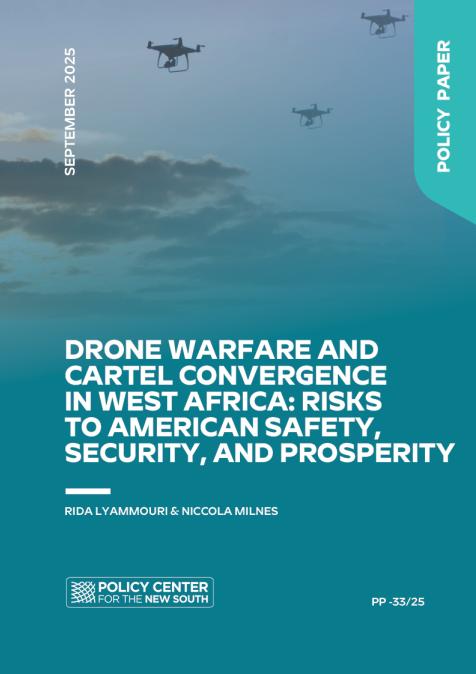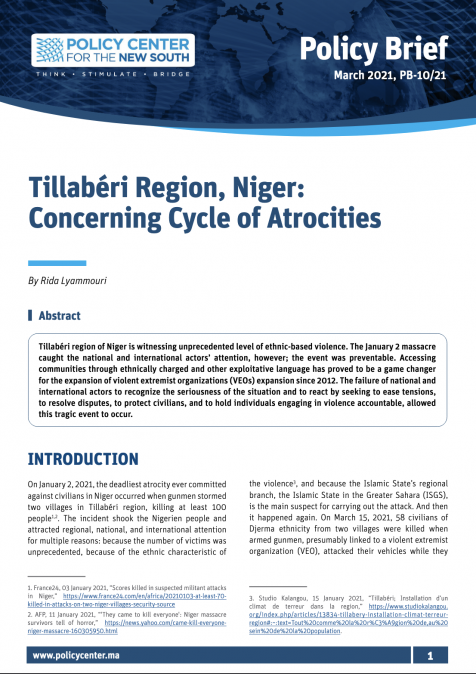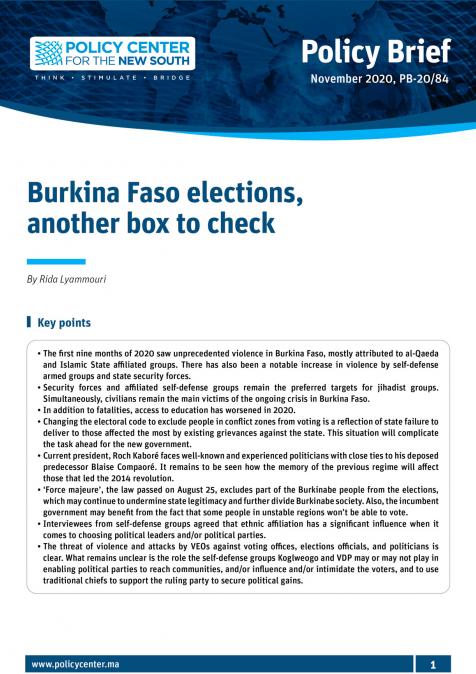Publications /
Policy Paper
The convergence of armed group drone warfare and cartel expansion in the Sahel is a global problem with direct consequences for the United States. Far from being a peripheral conflict, instability in the Sahel directly affects American safety, security, and prosperity. For U.S. safety, Jama’at Nusrat al-Islam wal-Muslimin (JNIM)’s rapid shift from crude drone experiments to battlefield strikes—combined with cartel drone attacks and Ukraine-trained operatives—means tactics tested abroad can now reach Americans and U.S. border communities far more quickly than before.
For U.S. security, the Sahel’s role as a trafficking hub links cartels and armed groups in ways that accelerate the spread of new weapons, synthetic drugs, and criminal expertise. This undermines U.S. deterrence, weakens partners, and creates openings for Russia and China to expand their influence. The recent dismantling of an ISIS financial network running through West Africa further demonstrates how the region sustains global terrorist operations with direct implications for American security.
For U.S. prosperity, the same instability raises costs for American firms, disrupts supply chains, and channels valuable mineral and energy deals toward U.S. competitors. Early U.S. engagement—through counter-drone innovation, maritime security, and financial integrity—can contain the threat at its source and keep America safer, stronger, and more prosperous.





